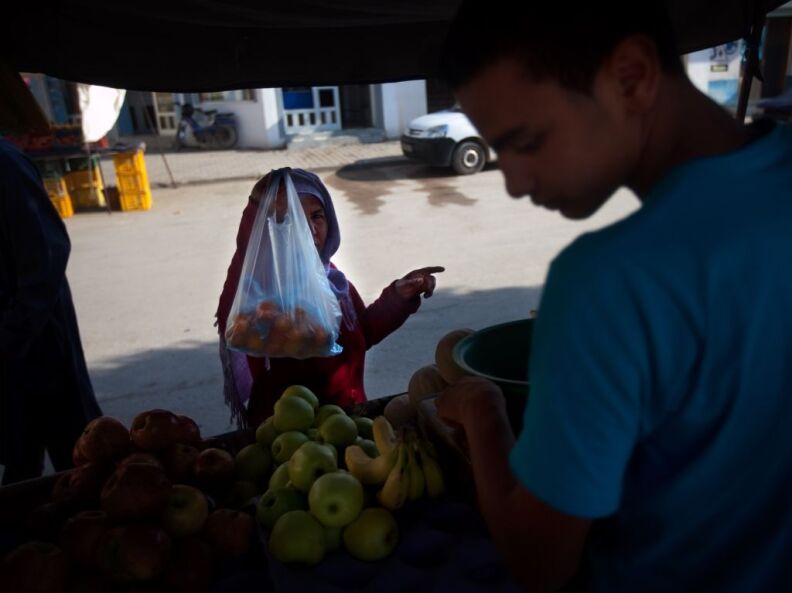If you’ve ever stumbled out of a bar on Hollywood Boulevard at closing time, you know the smell: Bacon wrapped hot dogs. They’re very tasty, but are they legal?
Right now, street vendors can be fined up to $1,000 and face jail time for selling food on L.A. sidewalks. The carts are generally operated by immigrant vendors who make a living selling quick late-night snacks to concert, club and bar-goers.
Los Angeles County’s Street Vending Compliance Program does require vendors to pay fees and get public health permits, but they are still not permitted to prepare or sell the food on sidewalks. With the help of City Councilman Jose Huizar, street vendors in Boyle Heights recently came to an agreement with the city to be allowed to sell food at the Boyle Heights Farmers Market once a week.
The East Los Angeles Community Corporation (ELACC) in Boyle Heights is organizing a series of forums and working with community members to try and garner support for the legalization of street vendors.
“We’re taking a different approach and want to make sure at the front end, that residents are engaged in the policy development versus of having it be behind closed doors and then bringing them to react to it,” said Isela Gracian, associate director of ELACC. “Those town halls are really so see where the residents are at, what they would want to see in legalizing it.”
However, the downside to street vendors preparing food and doing business on the streets are the issues of lack of health inspection, property tax payments, a lack of bathroom facilities, and sometimes the improper disposal of waste.
Leron Gubler, the president and CEO of Hollywood chamber of commerce, spoke to some of these concerns.
“Number one, there are no health inspectors out that late at night. There is no supervision and review to be sure that they comply with health requirements,” said Gubler. “Then secondly and perhaps even more importance [sic], is the competition they provide. They don’t pay any business license fee, they’re not registered. They just show up and they may be right out in front of businesses that are open.”
Bob from central Los Angeles called into the show to add that he knows that the, “model for the country is New York,” referring to street vending being so widely successful in Manhattan. But Bob points out that Los Angeles does not have a concentrated mass and, unfortunately, this has lead to L.A.’s inability to adequately facilitate the street-eating culture in terms of restrooms and trash.
Gracian points out that she has been made aware of local complaints regarding sanitation issues and payment of licensing fees for street vendors. ELACC is trying to work with vendors and residents so the vendors are accountable for their equipment in addition to the surrounding area of their cart and that each vendor is paying a licensing fee.
“We have seen where there have been street vendors that are outside of shops that have already done a kind of informal agreement that actually supports each others business,” said Gracian. For example, the street vendor will sell pupusas only in front of a liquor store, which, according to Gracian, can help boost foot traffic for both businesses.
Summing up the issue of street vending at its fundamental core is former L.A. City Councilman Mike Woo. He introduced ordinance to legalize street vendors in the 80s and now thinks that ,“It should be tried. If the city regulates it, let’s give it a go.”
Weigh In
:
Is this a form of discrimination toward Latino immigrants? Do these vendors hurt other local storefront shops? Do they help these establishments?
Guest:
Isela Gracian, associate director of the East Los Angeles Community Corporation
Leron Gubler, president and CEO, Hollywood chamber of commerce
Khaled Hassan, owner, Zena Grand Commissary











